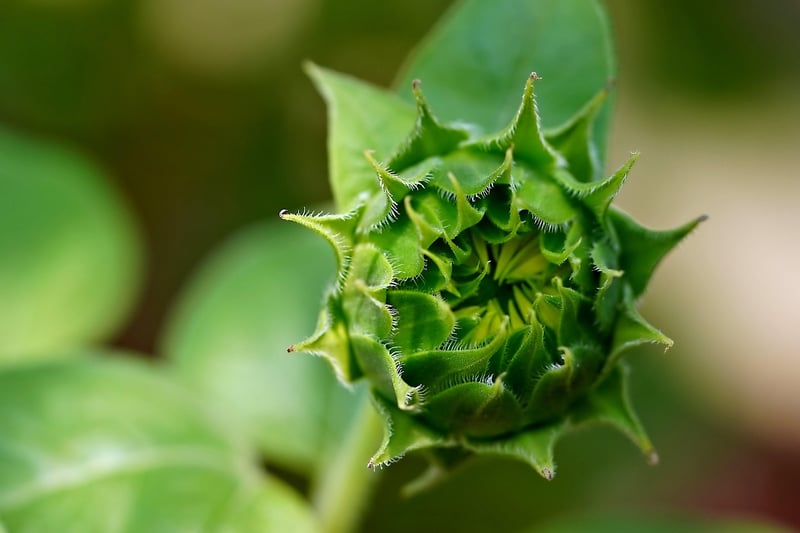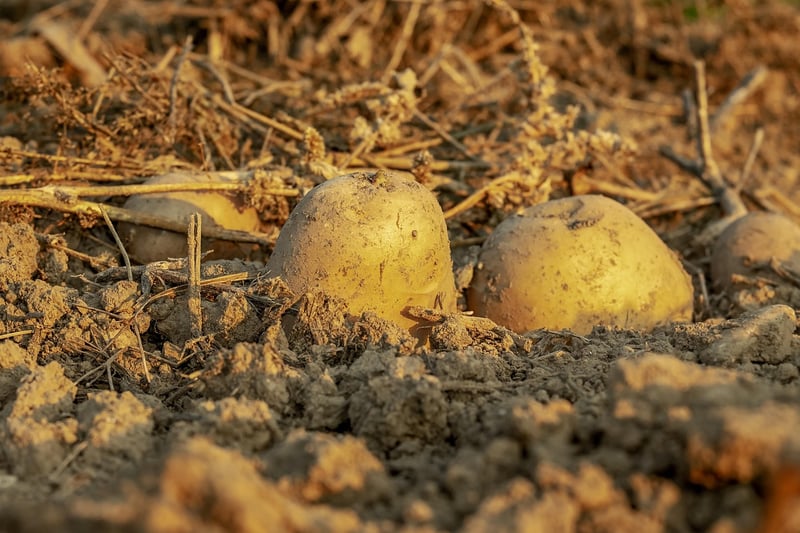Soil Nutrients
Essential Tips for Maintaining Healthy Plants through Proper Soil Nutrients
When it comes to cultivating a thriving garden or keeping indoor plants lush and vibrant, the key lies in providing the right balance of soil nutrients. Proper nutrition is vital for plant growth, development, and overall health. Here are some essential tips to help you maintain healthy plants through the right soil nutrients:
1. Understanding Soil Nutrients
Plants require a variety of nutrients to grow, including macronutrients like nitrogen, phosphorus, and potassium, as well as micronutrients such as iron, zinc, and magnesium. Each nutrient plays a specific role in the plant's growth, from promoting root development to supporting flowering and fruiting.
2. Conducting Soil Tests
Before adding any fertilizers or soil amendments, it's essential to conduct a soil test to determine the current nutrient levels in your soil. Soil tests can help you identify any deficiencies or imbalances, allowing you to tailor your nutrient application accordingly.
3. Choosing the Right Fertilizer
Based on the results of your soil test, select a fertilizer that provides the necessary nutrients in the right proportions. Different plants may have specific nutrient requirements, so choose a fertilizer that suits your plant's needs.
4. Applying Fertilizers Correctly
When applying fertilizers, follow the instructions carefully to avoid over-fertilizing, which can harm your plants. It's essential to apply the fertilizers evenly and at the appropriate times during the plant's growth cycle for optimal absorption.
5. Using Organic Amendments
Consider incorporating organic amendments like compost, manure, or organic mulches into your soil. These amendments not only provide essential nutrients but also improve soil structure, moisture retention, and microbial activity.
6. Monitoring Plant Health
Regularly monitor your plants for any signs of nutrient deficiencies, such as yellowing leaves, stunted growth, or poor flowering. Adjust your nutrient application based on your plant's response to ensure they receive adequate nutrition.
7. Sustainable Practices
Aim for sustainable gardening practices by minimizing chemical inputs and focusing on building healthy soil ecosystems. Healthy soils rich in organic matter can naturally provide plants with the necessary nutrients for robust growth.
Conclusion
By understanding the importance of soil nutrients and following these essential tips, you can ensure your plants receive the necessary nutrition for optimal growth and vitality. Healthy plants not only enhance the beauty of your space but also contribute to a greener and more sustainable environment.

Images source: Pixabay
